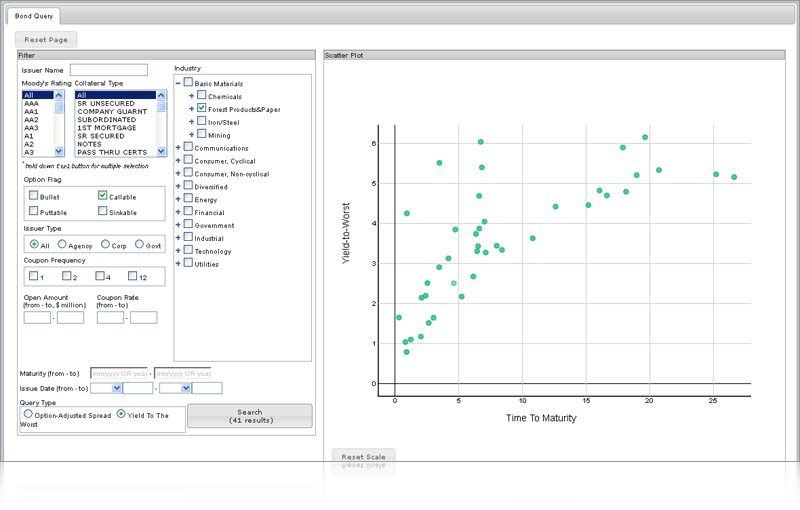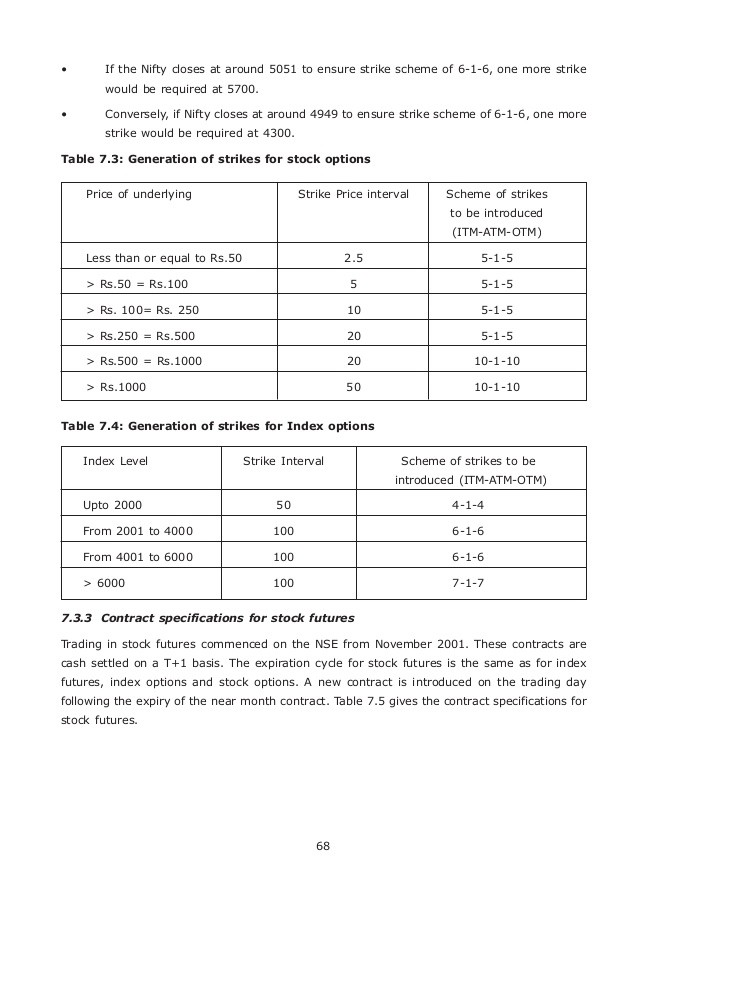The Future of Stock Options Finance Director Europe
Post on: 11 Август, 2015 No Comment

The Securities and Exchange Commission (SEC) has turned its attention to the grant of stock options. Elinor Lloyd of DLA Piper UK LLP explains the events leading up to the investigation and the resulting new legislation.
In early 2006, the SEC commenced an investigation into the backdating of stock options, an issue sparked by the study of a finance professor from the University of Iowa, Erik Lie.
Lie had researched the proxy statements of more than 2,000 US companies and found abnormally low stock returns before grant dates and exceptionally high returns after those grant dates. This led him to conclude that the dates of option grants were deliberately selected or ‘backdated’ to coincide with a date on which the stock price was particularly low, thereby making the options more valuable.
This discovery resulted in the start of numerous regulatory investigations by the SEC, leading to the dismissal of many company executives. It is believed that approximately 160 companies are currently under scrutiny, including household names such as McAfee, Gap and Apple Computer.
Disgruntled shareholders are instituting civil proceedings and federal prosecutors have indicted two former senior executives of Comverse Technology, the voicemail software maker, on criminal charges, as well as senior executives from Brocade Communication Systems.
The former general counsel of Comverse, William Sorin, and its former chief financial officer, David Kreinberg, have both pleaded guilty to securities fraud and conspiracy. The US press report that the former chief executive of the company, Jacob Alexander, is facing extradition proceedings back to the US after being arrested in Namibia. US authorities allege that the three engaged in a complex scheme to mislead shareholders and regulators about the company’s options grants between 1991 and 2001.
Kreinberg has admitted conspiring with Alexander to backdate stock options and to falsify financial statements to conceal the fraud from shareholders for which he faces up to 15 years imprisonment. Sorin and Kreinberg have agreed to pay several million dollars to the SEC in settlement of related civil charges.
Backdating the date of grant immediately increases the value of the options.
THE DATE OF GRANT
Usually, the price of a stock option is the price at which the stock traded on the date of the option was granted. This provides an incentive to the recipient of the options to drive the price higher.
By backdating the date of grant to a date when its stock price was lower, the company immediately increases the value of the options.
In the US, the backdating itself is not illegal so long as the action is properly approved by the company’s board, disclosed to shareholders in regulatory filings and the requisite taxes are paid. Where there is no clear audit trail or a suspicion is held that information has been falsified, the SEC will impose sanctions on those involved.
It is only those options granted prior to 2002 which are of interest to the SEC due to the effect the Sarbanes-Oxley Act has had on US corporate governance. Sarbanes-Oxley has curbed the manipulation of stock options as it requires publicly traded companies to file reports to the SEC of its option grants along with the effective date within two business days of the grant date. Therefore, it has reduced the period of time in which it is possible to backdate the grant of options.
IMPACT ON THE UK
Stock options are often provided to UK company executives as a performance incentive but not to the same extent as received in remuneration packages in the US. In any event, corporate governance in the UK now requires such details to be disclosed in the directors’ remuneration reports.
The Directors’ Remuneration Report Regulations 2002 oblige quoted companies to publish a directors’ remuneration report for each financial year.
The FSA has issued a warning to listed companies on the dangers of ‘spring loading’ or ‘bullet dodging’.
Failure to comply with the regulations is a criminal offence, punishable by a fine. Furthermore, shareholders in the UK keep a careful eye on the remuneration awarded to their directors and their approval for the report is required. Again, failure to obtain this approval is a criminal offence, for which a conviction will result in a fine.

It is because of these disclosure rules that the Financial Services Authority (FSA) appears confident that the issue of backdated options is unlikely to reach the same heights in the UK as it has done in the US. In the UK, companies only have 42 days following results announcements within which to grant option packages, leaving little discretion as to the date to be applied. In many cases, the options are performance-related and so targets have to be achieved before the options are even granted.
Nevertheless, in its newsletter of September 2006, the FSA has issued a warning to listed companies on the dangers of ‘spring loading’ or ‘bullet dodging’.
‘Spring loading’ is when a company brings forward the timing of its option grants to company officers in order that they may benefit from an anticipated rise in the share price once an impending positive market announcement is made. ‘Bullet dodging’ involves delaying the timing of an option grant so a company officer can benefit from having the options priced after an anticipated fall in the share price following an impending negative announcement.
Whether or not these practices will amount to market abuse will depend on the facts of each case but the FSA has confirmed that granting or acquiring the options will amount to dealing under s.118(2) FSMA.
By using insider information to deal in this way, both the individual granting the option and the one acquiring it, are likely to be committing market abuse.
A cautious director would ensure that there is a clear audit trail of any granting or acquiring of options.
Any decision by a company to announce awards in an open period but to backdate the price would also be a breach of the listing rules (LR9.4.4), which prohibit the granting of options at below market price without prior shareholder approval.
FURTHER REGULATION?
The Department of Trade and Industry appears to be satisfied that there is now an increased transparency between a company and its shareholders. Following a recent review of the impact of the Directors’ Remuneration Report Regulations 2002, it has announced that it will no longer seek further regulation on directors’ pay in the forthcoming company law reform bill.
Therefore, it seems that the stringent corporate governance applied in the UK has paid off and is protecting UK directors from a similar scandal to that occurring in the US. However, a cautious UK director would ensure that there is a clear audit trail of any granting or acquiring of options. He may also be wise to review his Directors and Officers Liability Insurance to ensure he is covered in the eventuality that the UK regulators do begin to show an interest.














